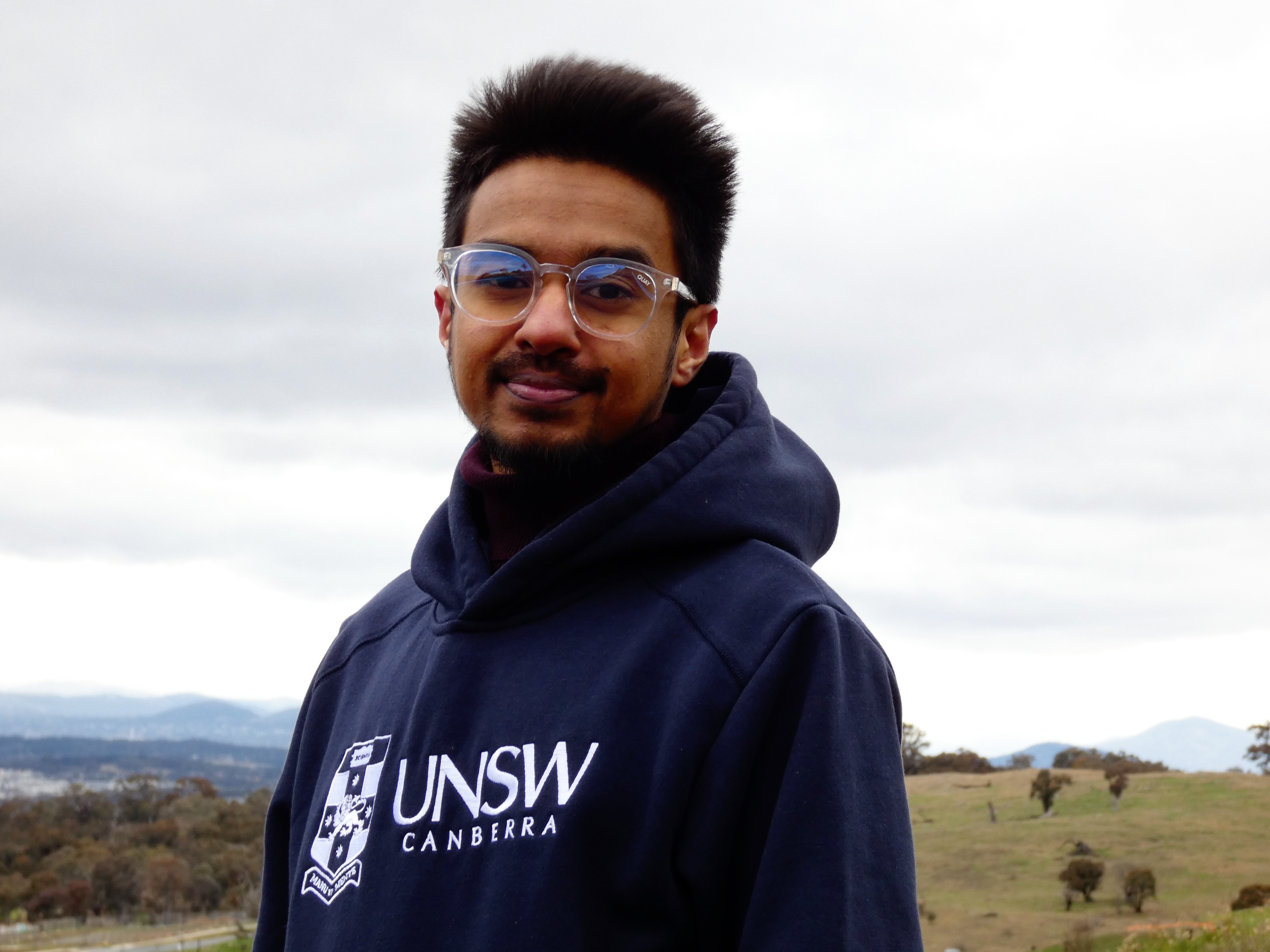PhD student successful in securing competitive CSIRO scholarship
The opportunity to engage with CSIRO experts in the field of additive manufacturing (also known as 3D printing) is just one of the benefits of being a recipient of a CSIRO Data
The opportunity to engage with CSIRO experts in the field of additive manufacturing (also known as 3D printing) is just one of the benefits of being a recipient of a CSIRO Data

The opportunity to engage with CSIRO experts in the field of additive manufacturing (also known as 3D printing) is just one of the benefits of being a recipient of a CSIRO Data61 Scholarship.
UNSW Canberra PhD student Shakib Hyder Siddique was awarded the competitive scholarship for his project “Optimal design and manufacture of structures using additive manufacturing”. In addition to the one he earned from the UNSW Canberra, this is his second scholarship.
Shakib said that the scholarship is a way of kick-starting your early research career.
“With this scholarship, I can learn from distinguished experts and solve complex problems that the manufacturing industry is encountering today,” he said.
“Moreover, this will lead to more scientific articles being published in high-impact factor journals, which is essential in this area of work and profession.”
The project focuses on integration of additive manufacturing, impact dynamics, and biomimicry, which are all aspects are in the field of mechanical and advanced manufacturing engineering.
Shakib is extracting defining characteristics of biological designs from nature and is investigating porous structures in particular, as well as learning how materials behave at different dynamic loading conditions.
“These have applications ranging from bullet impacts in armor, automotive crashes, and bird strikes in the aviation industry,” he said.
For Shakib, not only was he thrilled to be awarded the scholarship, but it takes him one step closer to reaching his goal of being a working scientist in Australia.
“It acts as my daily dose of motivation knowing that I get to be part of a highly intellectual research community. The fact that I would receive dual scholarships during this pandemic and have access to world-class research facilities was completely unexpected when I started on this road. I had no idea what I was getting myself into.
“CSIRO and our research team at UNSW Canberra, share a common interest in the field of additive manufacturing technologies. Receiving this scholarship would not have been possible without the efforts of Professor Paul Hazell and his impact dynamics team at UNSW Canberra,” Shakib said.